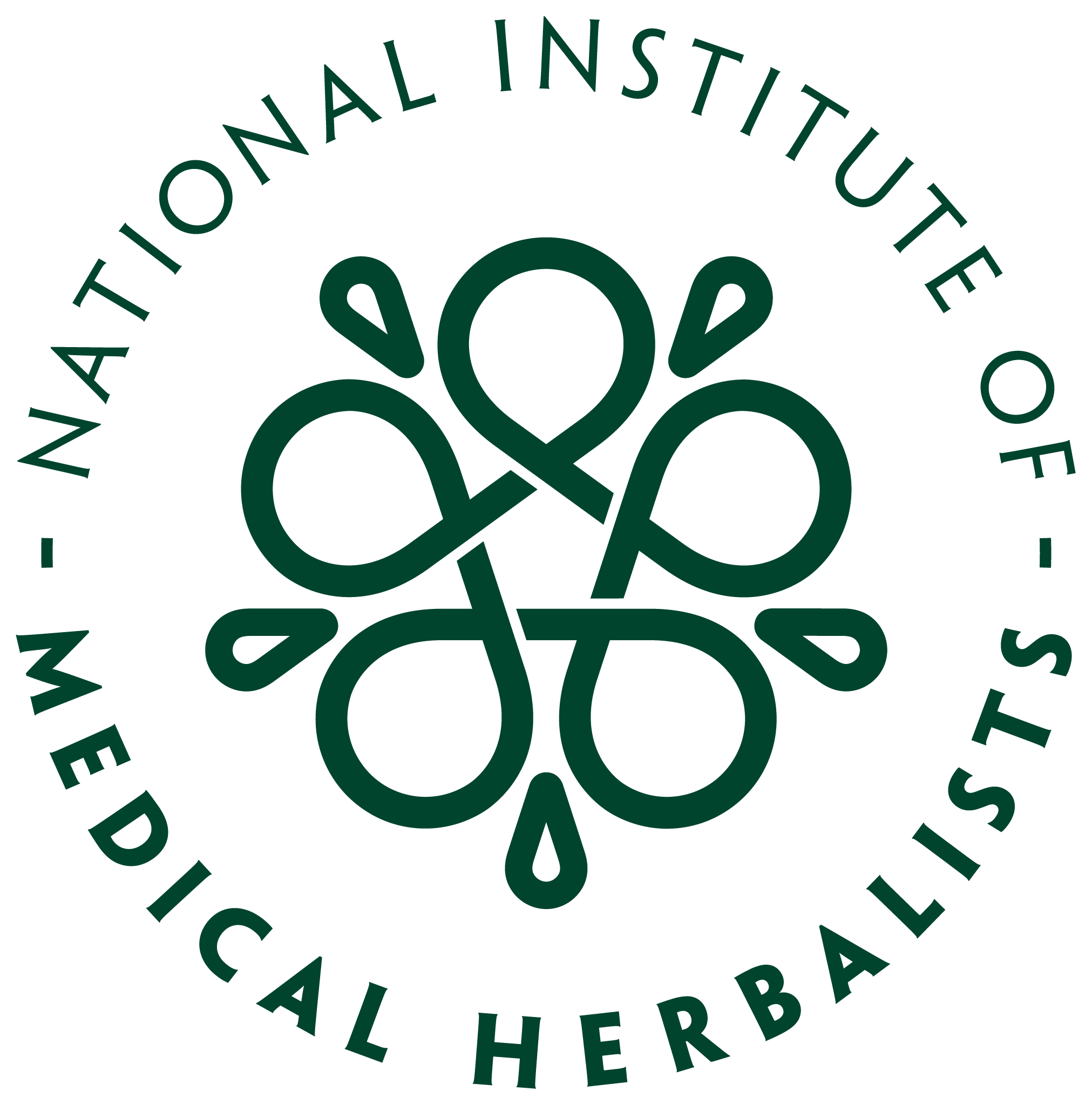
Salvia officinalis
Lamiaceae
Available as
Click on an icon to navigate to the page:
Medicinal
In previous centuries, sage’s antibiotic action may account for its use in the treatment of tuberculosis. Nowadays these qualities are just as useful for other respiratory infections and a cup of warm sage tea can be used as an effective gargle for a sore throat and other infections in this region, for example tonsillitis, laryngitis and pharyngitis. Sage has a reputation for aiding longevity and clinical evidence supports the traditional belief that it improves memory. There is also evidence to support its use in early dementia due to its calming properties. Its phytoestrogen content is helpful for ladies during menopause, sipping cold sage tea has been shown to ease the hot flushes and night sweats that are sometimes experienced at this time.

Caution: Avoid in pregnancy and whilst breast feeding.
Please note: The information provided here is for educational interest only and is not intended to be used to diagnose or treat significant health problems. Any serious or long-term health concerns should always be discussed with a healthcare professional.
See our blog for more information about the National Institute of Medical Herbalists
Growing
• Grown from seed:• Indoor Sowing: In early spring, into prepared plug trays or pots, cover with perlite. Bottom heat, 18°C, aids germination.
• Outdoor Sowing: In early summer, into a well-drained, sunny site. Thin to 45cm apart.
• Maintenance: (See Jekka's Blogs on Early Spring, Late Spring, Summer and Autumn maintenance)
• Harvest: N/A
Details
• Aspect: Full Sun• Soil type: Sand, Chalk, Loam, Free Draining
• pH: Universal pH
• Habit: Bushy
• Flowering colour: Mauve, Blue
• Flowering time: Summer
• Uses: Culinary & Medicinal (Read Jekka's Guide To Culinary Herbs and Medicinal Herbs for more information)
• Attracts pollinators: Yes (Read Jekka's Guide to Pollinators for more information)
• Container suitability: Yes
• UK native: No
• Caution: Overuse of sage can have potentially toxic effects.
Jekkapedia
Salvia officinalis, Sage, Common Sage
Family: Lamiaceae
Genus: Salvia
• Hardiness: H4 (-5 to -10C)
• Type: Evergreen Shrub
• Height: 75cm
• Spread: 75cm
Sage can be seen at the herb farm in Jekka's Herbetum and is available to buy as both herb plants and online as herb seeds.




